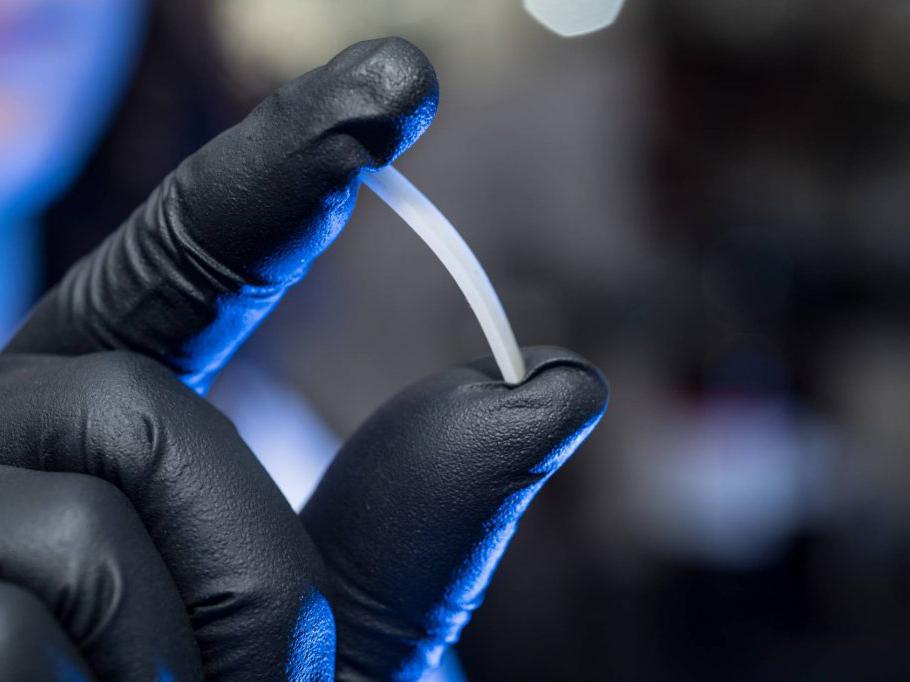‘Infinitely’ recyclable plastic created by chemists for first time
'It would be our dream to see this chemically recyclable polymer technology materialise in the marketplace,' say team behind new discovery

Your support helps us to tell the story
From reproductive rights to climate change to Big Tech, The Independent is on the ground when the story is developing. Whether it's investigating the financials of Elon Musk's pro-Trump PAC or producing our latest documentary, 'The A Word', which shines a light on the American women fighting for reproductive rights, we know how important it is to parse out the facts from the messaging.
At such a critical moment in US history, we need reporters on the ground. Your donation allows us to keep sending journalists to speak to both sides of the story.
The Independent is trusted by Americans across the entire political spectrum. And unlike many other quality news outlets, we choose not to lock Americans out of our reporting and analysis with paywalls. We believe quality journalism should be available to everyone, paid for by those who can afford it.
Your support makes all the difference.A new type of plastic has been invented by a team of chemists at Colorado State University, which they say can theoretically be recycled “infinitely”.
While plastics are incredibly useful, their impact on the environment has become increasingly clear in recent years, and current plastic recycling is thought to be inadequate.
The material created by Professor Eugene Chen has many of the same characteristics of everyday plastics, including strength, durability and heat resistance.
However, unlike conventional plastics it can be converted back to the molecules that form its building blocks with ease.
This process of “chemical recycling” can be undertaken without toxic chemicals or intensive lab procedures, and the scientists think it has potential to be rolled out industrially.
"The polymers can be chemically recycled and reused, in principle, infinitely," said Professor Chen.
"It would be our dream to see this chemically recyclable polymer technology materialise in the marketplace.”
Their findings were published in the journal Science.
Because their new material can be easily converted into useful base materials, its value can be recovered and the material could potentially be used again and again. This would prevent plastic from entering the environment and reduce the demand for new plastics.
The prevalence of plastic – particularly single-use plastics – has led to a massive global pollution problem.
Plastics take hundreds of years to degrade naturally in the environment, and as they break down into smaller and smaller pieces researchers say they can be ingested by animals.
Experts have predicted that by 2050 there will be more plastic in the sea than fish, and studies have documented tiny fragments of plastic in Arctic sea ice and fertiliser being applied to farmland.
One of the biggest factors underlying this crisis is the inadequacy of the current recycling system.
As it stands, only 5 per cent of plastics that are manufactured are recycled. Of these recycled materials, they are mainly turned into low-value products that are not recycled again.
The widespread implementation of new plastics that can be recycled again and again could therefore help keep vast amounts of plastic from ultimately ending up on landfill or polluting the environment.
In an article commenting on the new discovery, chemists Dr Haritz Sardon and Professor Andrew Dove discussed its relevance for the future of recycling.
They wrote that such discoveries could “lead to a world in which plastics at the end of their life are not considered as waste but as raw materials to generate high value products and virgin plastics”.
“This will both incentivise recycling and encourage sustainability.”
Join our commenting forum
Join thought-provoking conversations, follow other Independent readers and see their replies
Comments